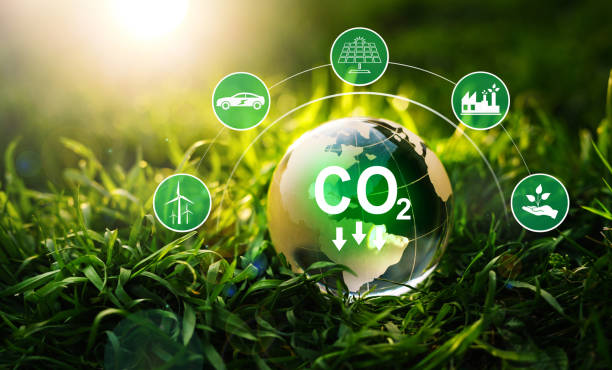
FAQ About Green Economy
Green Economy
2 years ago | gizem
How does the Green Economy relate to poverty reduction?
The Green Economy and poverty reduction are closely interconnected, as a sustainable and inclusive Green Economy can play a significant role in lifting people out of poverty and improving their quality of life. Here's how the Green Economy relates to poverty reduction:
- Job Creation: The Green Economy can generate new employment opportunities in sectors such as renewable energy, sustainable agriculture, waste management, and environmental conservation. These sectors often require labor-intensive activities, creating jobs for local communities and marginalized populations.
- Inclusive Growth: By promoting sustainable practices, the Green Economy ensures that economic growth is inclusive and benefits all segments of society, including those living in poverty or vulnerable conditions.
- Access to Basic Services: The Green Economy can improve access to essential services such as clean water, sanitation, and renewable energy in underserved and rural areas, directly benefiting marginalized communities.
- Community Empowerment: Sustainable practices can empower local communities to manage their natural resources, participate in decision-making, and benefit from sustainable development projects.
- Smallholder Farming: Implementing sustainable agricultural practices can increase productivity for smallholder farmers while minimizing environmental degradation, contributing to poverty reduction in rural areas.
- Sustainable Livelihoods: The Green Economy promotes the development of sustainable livelihoods that are less susceptible to environmental shocks, reducing vulnerability among impoverished communities.
- Gender Equality: Many Green Economy initiatives, such as sustainable energy projects and eco-tourism, provide opportunities for women's empowerment and economic participation, contributing to poverty reduction and gender equality.
- Rural Development: The Green Economy can drive investment in rural areas, supporting diversified economic activities, reducing urban migration, and improving living conditions for rural populations.
